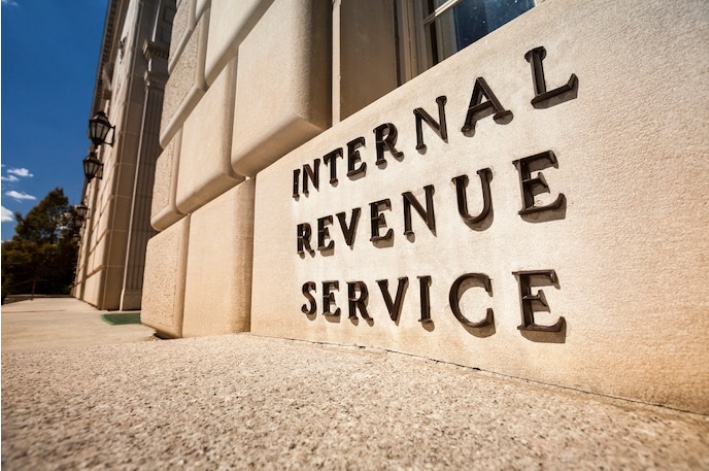WHEN MILLIONS of Americans file tax returns on Wednesday — the 2020 deadline following a three-month delay due to covid-19 — they can feel satisfaction that they have paid their share to live in an ordered society. They should also feel anger at tax cheats who refuse to do so, placing more burden on everyone else, and at the politicians who help them get away with it.
When Republicans won control of the House in 2010, they began a multi-year campaign to defund the Internal Revenue Service, slashing its budget by a fifth in real dollars over the course of the following decade. A lower IRS budget translated directly into lower amounts of taxes collected — and therefore a substantial net loss to the government. The IRS left $381 billion a year on the table between 2011 and 2013. A Congressional Budget Office report released last week shows that the primary beneficiaries were rich tax delinquents.
A disproportionate amount of the Republican IRS cuts have targeted the agency’s enforcement division, leading to a sharp loss of workers auditing tax forms. “Employees who work the most complex examination and collections cases experienced especially large declines,” the CBO noted. That led to a 40 percent drop in returns examined even as more returns were being filed. Audits of filers claiming more than $1 million in income plummeted by 63 percent. Examinations of large corporations’ tax filings saw a similar collapse.




